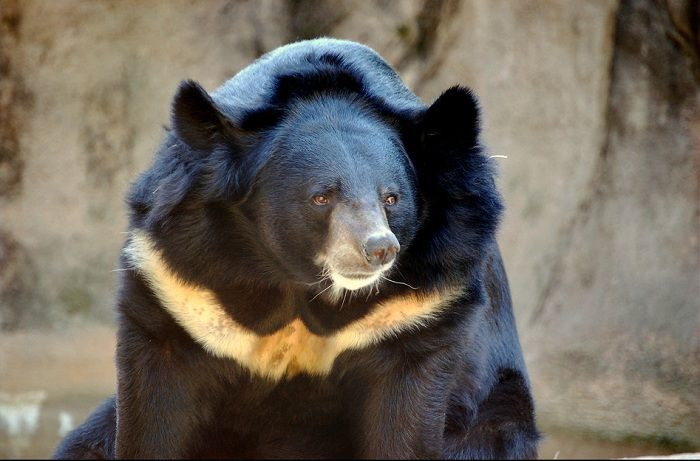Bear Bile: Chinese Pharma Company Extracts Bile From Endangered Bears For Medicine

For thousands of years, traditional chinese medicine (TCM) has lent itself to a variety of treatment types, from herbal remedies to acupuncture. But one practice of collecting bear bile to cure eye and liver diseases is drawing criticism from animal activists and China's celebrities.
Guizhentang Pharmaceutical is one of the biggest manufacturers of bear bile extract, and even more alarmingly, it's using Asiatic black bears, a species that is currently listed as critically endangered by the International Union for Conservation of Nature (IUCN).
The company currently raises the bears in private farms and is attempting to increase its current stock of bears from 400 to 1,200 after it announced its initial public offering in March.
Bear bile has a key ingredient called ursodeoxycholic acid that is used to reduce gallstones and treat fevers and hangovers.
Some practitioners of TCM are voicing their support for going public. "The process of extracting bear bile is like turning on a tap: natural, easy and without pain," said Fang Shuting, the chairperson of the Chinese Association of Traditional Chinese Medicine, at a press conference. "After they're done, the bears can even play happily outside. I don't think there's anything out of the ordinary! It might even be a very comfortable process!"
But that's not what was revealed when an undercover Xiaxiang Morning Post journalist posted this video of the extraction process online. Since the video's release, protesters have taken to the streets donning bear costumes, even hacking onto the company's website.
Guizhentang Pharmaceutical attempted to quell the debate by allowing nearly 100 reporters to visit the farm, but the gesture only did more harm than good. Reporters found that the farms held the bears in tight cages and inserted tubes inside the bear's abdomen to essentially milk the bile out. Some bears underwent a "tubeless extraction" process.
Their bile can go for more than 250 yuan per gram (or $40 per gram), and could be sold as tablets or tonics.
Current data on the Asiatic bear population shows that habitat loss has contributed to their decline. Researchers say their population has dwindled by 30 to 49 percent in the past three decades and will probably decline in another 30 years unless conservation measures are taken.
Published by Medicaldaily.com



























